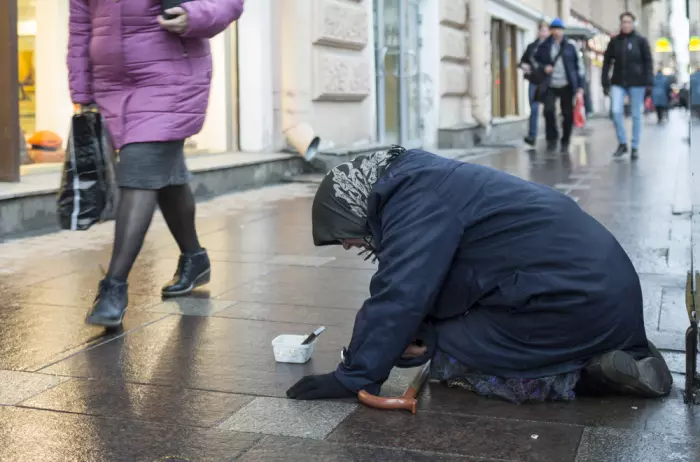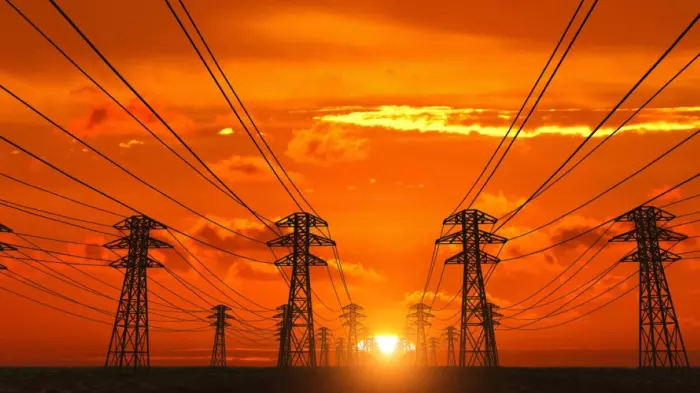Zero covid shutdowns Fear is growing that fresh covid outbreaks in China and Beijing’s strict adherence to its zero covid policy could further roil already-stressed global supply chains. Apple suppliers FoxConn and UniMicron suspended production in China’s Silicon Valley province of Shenzen last night after all public transport in the global production hub was halted and everyone was told to stay at home. Shanghai’s schools were closed in what is being described as China’s worst covid surge since the original outbreak in Wuhan just over two years ago. China’s Hong Kong-listed stocks fell 7% yesterday in their biggest daily slump since 2008. (CNBC)
Oil prices fall Oil prices fell as much as 8.8% overnight on renewed hopes of a ceasefire in Ukraine and expectations of what China’s lockdown and a potential US recession might do for oil demand. West Texas Intermediate futures fell as much as 8.8% to an intra-day low of $99.76/barrel. Brent crude futures fell as much as 8% to US$103.68/barrel. Both had bounced somewhat by 7am NZT with WTI at US$102.41 and Brent at US$106.11. (CNBC)
Stocks falling too Having begun overnight trade in solid shape, US stocks sold off through late morning trade and were down 0.7% to 2.1% by 7am NZT Time. Traders are focused on the prospects for the US Federal Reserve to hike for the first time since covid on Thursday morning NZ Time and on new inflation fears linked to the China factory shutdowns. The US 10-year Treasury bond rose 11 basis points to 2.12% by 7am NZT.
Hopes of peace Ukrainian and Russian officials held a fourth round of peace talks overnight, but again reported little progress, although the constructive tone of the talks encouraged some. There was also some relief on the ground too after Russian troops allowed a first convoy of refugees in cars and buses to leave the besieged city of Mariupol. However, there is no ceasefire in most contested parts of Ukraine. The mayor of Kharkiv reported this morning that shelling of residential areas had continued unabated. (Reuters)
Unhappy talks US and Chinese officials are in talks at a Rome hotel this morning over the extent of China’s support for Russia’s invasion of Ukraine and what the United States might do to pressure China. Yesterday, US officials said Russia had asked China to help by sending arms and other goods to help in Ukraine. Earlier, US National Security Adviser Jake Sullivan warned China “there will absolutely be consequences for large-scale sanctions evasion efforts or support to Russia to backfill them.” Sullivan told CNN. “We will not allow that to go forward and allow there to be a lifeline to Russia from these economic sanctions from any country anywhere in the world,” he said. Sullivan is meeting this morning with his Chinese counterpart and Politburo member Yang Jiechi. Overnight, Chinese Foreign Ministry spokesman Zhao Lijian accused the United States of “spreading disinformation targeting China on the Ukraine issue, with malicious intentions”.
More pullouts Deutsche Bank and Citigroup became the latest large western banking groups to announce they were pulling out of Russia completely, potentially crystallising billions of dollars and euros in losses. As recently as last week, Deutsche Bank had said it was not practical to pull out of Russia. Deutsche has warned it has US$1.5b exposed in Russia. Citigroup announced overnight it would withdraw all its investment banking and commercial banking operations from Russia, having previously said it would only close its retail unit. It has previously warned it has US$10b exposed in Russia and expected to lose half of it. (Reuters)
Brace for it Russia is expected to formally default on its sovereign debt as early as Wednesday after it pledged to pay interest and other repayments of its Eurobonds in roubles, which experts said would be judged a default. (Reuters)
Fresh on BusinessDesk this morning
Paul McBeth reports from an interview with David Clark that he is taking a no regrets approach on lending law tweaks.
Victoria Young summarises the first week of the court hearings on whether Mainzeal’s directors, including Jenny Shipley, should be held responsible for its collapse.
Ian Llewellyn reports on how the government will review its petrol tax changes.
Jem Traylen reports on fears a new container deposit scheme could add to inflationary pressures.






